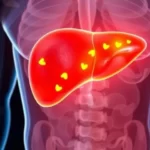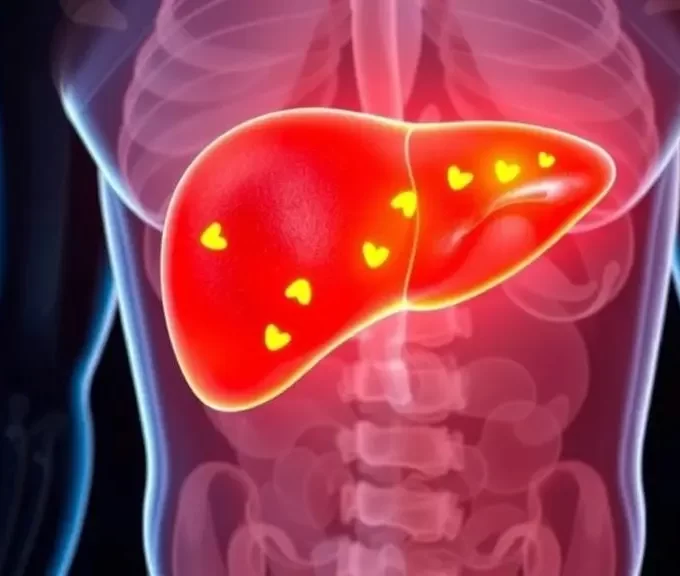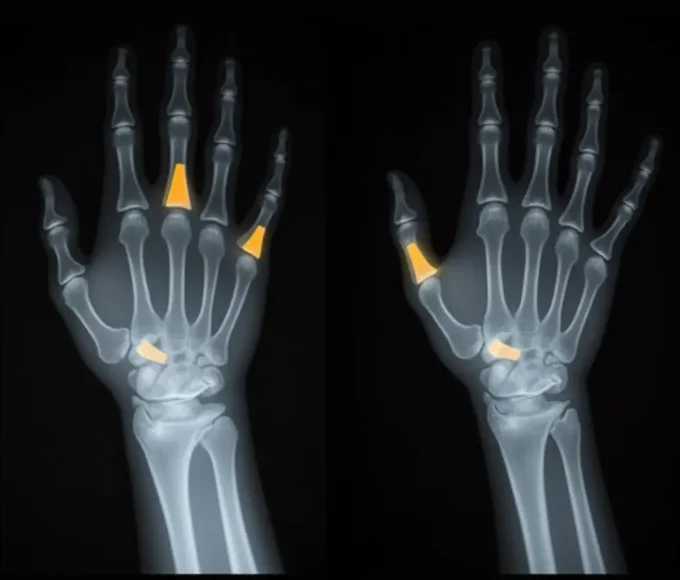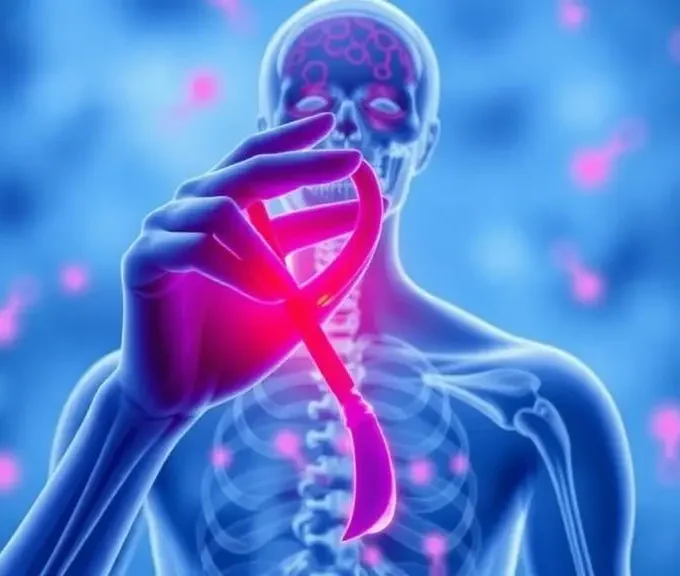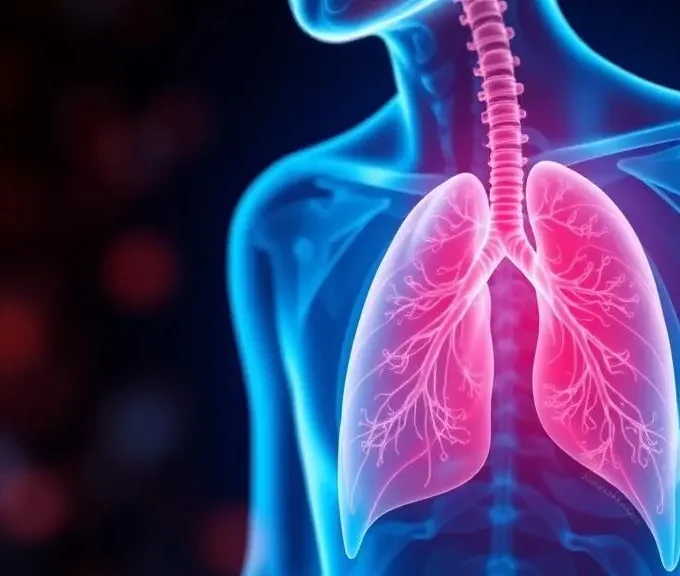Autism
Autism is the common term for a range of disabilities medically classified as Pervasive Developmental Disorders (PDD). Autism/PDD is characterized by qualitative differences in the development of cognitive, language, social or motor skills, and these are usually apparent before age three. Research evidence suggests that autism may result from an underlying difficulty with expressive movement and its regulation, severely challenging the individual to keep body movements, including sensory responses, in control. These sensorimotor problems can make it difficult to respond consistently and productively to other individuals and to the environment.
Autism/PDD occurs in approximately fifteen out of every 10,000 births and is four times more common among males than females.
Autism – CAUSE
No one knows exactly what causes ASDs/Autism, but scientists think that both genetic and environmental factors might play a role. While autism was once erroneously believed to arise from stresses in a child’s psychological environment, modern medical evidence suggests that irregularities in the development of the brain and central nervous system give rise to the syndrome of autism. Causes of this development are diverse and may include chemical exposure, viral and genetic factors.
Autism – SIGNS AND SYMPTOMS
Autism Spectrum Disorders (ASDs) cover a wide range of behaviors and abilities. People who have ASDs, like all people, differ greatly in the way they act and what they can do. No two people with Autism will have the same symptoms. A symptom might be mild in one person and severe in another person. Some examples of the types of problems and behaviors a child or adult with an ASD might have follow.
Social skills: People with ASDs might not interact with others the way most people do, or they might not be interested in other people at all. People with ASDs might not make eye contact and might just want to be alone. They might have trouble understanding other people’s feelings or talking about their own feelings. Children with ASDs might not like to be held or cuddled, or might cuddle only when they want to. Some people with ASDs might not seem to notice when other people try to talk to them. Others might be very interested in people, but not know how to talk, play, or relate to them.
Speech, language, and communication: About 40% of children with ASDs do not talk at all. Others have echolalia, which is when they repeat back something that was said to them. The repeated words might be said right away or at a later time. For example, if you ask someone with an ASD, “Do you want some juice?” he or she will repeat “Do you want some juice?” instead of answering your question. Or a person might repeat a television ad heard sometime in the past. People with ASDs might not understand gestures such as waving goodbye. They might say “I” when they mean “you”, or vice versa. Their voices might sound flat and it might seem like they cannot control how loudly or softly they talk. People with ASDs might stand too close to the people they are talking to, or might stick with one topic of conversation for too long. Some people with ASDs can speak well and know a lot of words, but have a hard time listening to what other people say. They might talk a lot about something they really like, rather than have a back-and-forth conversation with someone.
Repeated behaviors and routines: People with ASDs might repeat actions over and over again. They might want to have routines where things stay the same so they know what to expect. They might have trouble if family routines change. For example, if a child is used to washing his or her face before dressing for bed, he or she might become very upset if asked to change the order and dress first and then wash.
Children with ASDs develop differently from other children. They might have large delays in language, social, and cognitive skills, while their motor skills might be about the same as other children their age. They might be very good at things like putting puzzles together or solving computer problems, but not very good at some things most people think are easy, like talking or making friends.
Autism – HOW DIAGNOSIS IS DONE?
The diagnosis is done clinically by assessing the presence and severity of above mentioned traits.
Autism – HOMEOPATHY TREATMENT & HOMEOPATHIC REMEDIES
Homeopathic medicines are known to have deep effect on human economy and have been found effective in various psychological and devlopmental disorders. The focus of homeopathy is not to treat the isolated symptoms of Autism but to treat the child as a whole. Not only the symptoms of Autism but also the general physical and mental constitution of the patient, past medical history, medical history of parents, information about pregnancy and vaccination – all are used to find the probable cause in a given case and based on the final analysis a remedy is chosen for a patient. The following medicines may help in the treatment of Autism –
Carcinocin, Calcarea phos, Baryta carb, Silicea, Borax, Lycopodium, Stramonium, Hydrogen, Helium, Thuja, Secretin, Calcarea carb, Bufo, Medorrhinum etc.
Autism – CONVENTIONAL TREATMENT
There is no known cure for ASDs. However, early and intensive education can help children grow and learn new skills. The goal of these efforts is to help with the difficult symptoms of an ASD in a child and to improve the child’s skills that help him or her talk, interact, play, learn, and care for his or her needs. Medicines can relieve symptoms and be helpful for some people, but structured teaching of skills (often called behavioral intervention) is currently the most effective treatment


